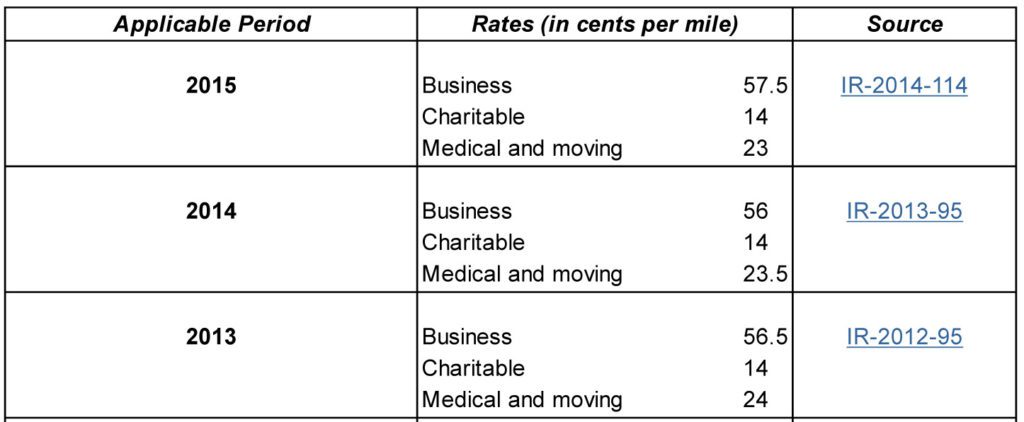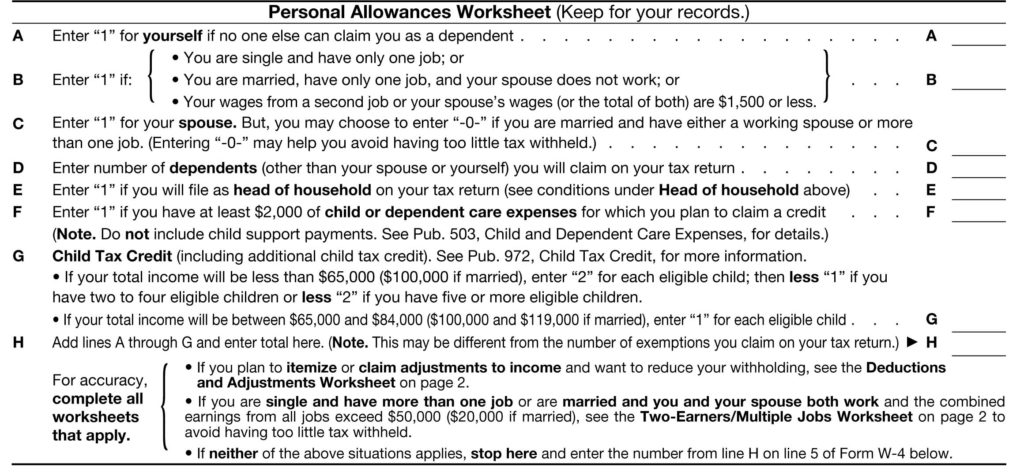*Updated 12/28/17
With major tax reform looming, we compiled a list of year-end planning moves that can help you take advantage of the tax breaks that may be heading your way. While congress appears poised to enact tax reform this year, it’s by no means a sure bet. So keep a close eye on the news and don’t swing into action until the ink is dry on the President’s signature of the tax reform bill.
Both the tax bill passed the House of Representatives and the one before the Senate would reduce tax rates for many taxpayers, effective for the 2018 tax year. Additionally, businesses may see their tax bills cut, although the final form of the relief isn’t clear right now.
The general plan of action to take advantage of lower tax rates next year would be to defer income into next year. Here’s how:
- If you are an employee who believes a bonus is coming your way before year end, consider asking your employer to delay payment of the bonus until next year.
- If you are thinking of converting a regular IRA to a Roth IRA, consider postponing your ROTH conversion until next year. That way you’ll defer income from the conversion until next year and hopefully have it taxed at lower rates.
- If you run a business that renders services and operates on the cash basis, the income you earn isn’t taxed until your clients or patients pay. So if you hold off on billings until next year—or until so late in the year that no payment can be received this year—you can defer income until next year.
Both the House-passed tax reform bill and the version before the Senate have provisions to repeal or reduce many popular tax deductions for 2018 in exchange for a larger standard deduction. You can maximize your tax benefit by accelerating these expenses. Here’s what you can do about this right now:
- The House-passed tax reform bill would eliminate the deduction for nonbusiness state and local income or sales tax, but would allow an up-to-$10,000 deduction for real estate taxes on your home. The bill before the Senate would ban all nonbusiness deductions for state and local income, sales tax, and real estate tax. If you are an employee who expects to owe state and local income taxes when you file your return next year, consider asking your employer to increase withholding on those taxes. That way, additional amounts of state and local taxes withheld before the end of the year will be deductible in 2017. Similarly, pay the last installment of estimated state and local taxes for 2017 by Dec. 31 rather than on the 2018 due date, or prepay real estate taxes on your home.
- Neither the House-passed bill nor the bill before the Senate would repeal the itemized deduction for charitable contributions. But because most other itemized deductions would be eliminated in exchange for a larger standard deduction (e.g., in both bills, $24,000 for joint filers), charitable contributions after 2017 may not yield a tax benefit for many. If you think you will fall in this category, consider accelerating some charitable giving into 2017.
Here are some other “last minute” moves that could wind up saving tax dollars in the event tax reform is passed:
- The exercise of an incentive stock option (ISO) can result in AMT complications. But both the Senate and House versions of the tax reform bill call for the AMT to be repealed next year. So if you hold any ISOs, it may be wise to hold off exercising them until next year.
- If you’ve got your eye on a plug-in electric vehicle, buying one before year-end could yield you an up-to-$7,500 discount in the form of a tax credit. The House-passed bill, but not the one before the Senate, would eliminate this credit after 2017.
If you’re in the process of selling your principal residence, wrap up the sale before year end. Up to $250,000 of your profit ($500,000 for certain joint filers) will be tax-free if you owned and used the property as your main home for at least two of the five years before the sale. However, under the House-passed bill and the bill before the Senate, the $250,000/$500,000 tax free amounts (“Section 121 exclusion”) would apply to post-2017 sales only if you own and use the property as your main home for five out of the previous eight years.This proposal did not make the final cut- Under current rules, alimony payments generally are an above-the line deduction for the payor and included in the income of the payee. Under the House-passed tax bill but not the version before the Senate, alimony payments would not be deductible by the payor or includible in the income of the payee, generally effective for any divorce decree or separation agreement executed after 2017. So if you’re in the middle of a divorce or separation agreement, and you’ll wind up on the paying end, it would be worth your while to wrap things up before year end if the House-passed bill carries the day. On the other hand, if you’ll wind up on the receiving end, it would be worth your while to wrap things up next year.
- Both the House-passed bill and the version before the Senate would repeal the deduction for moving expenses after 2017 (except for certain members of the Armed Forces), so if you’re about to embark on a job-related move, try to incur your deductible moving expenses before year-end.
Please keep in mind that some of the year-end moves that should be considered in regard to the tax reform package currently before Congress—which, may or may not actually become law. If you would like more details about any aspect of how the proposed legislation may affect you, please feel free to contact our office.


